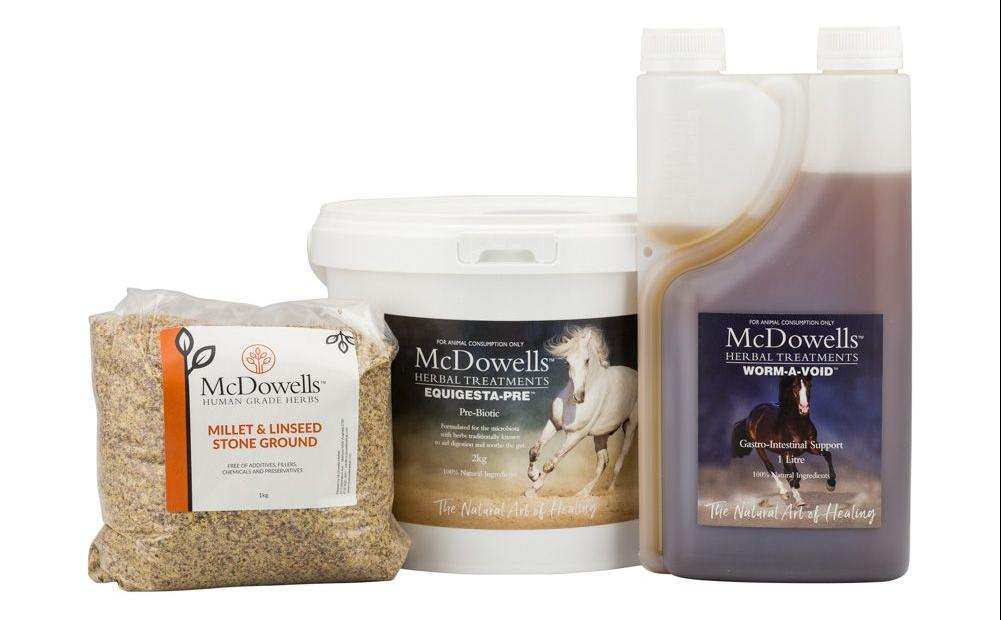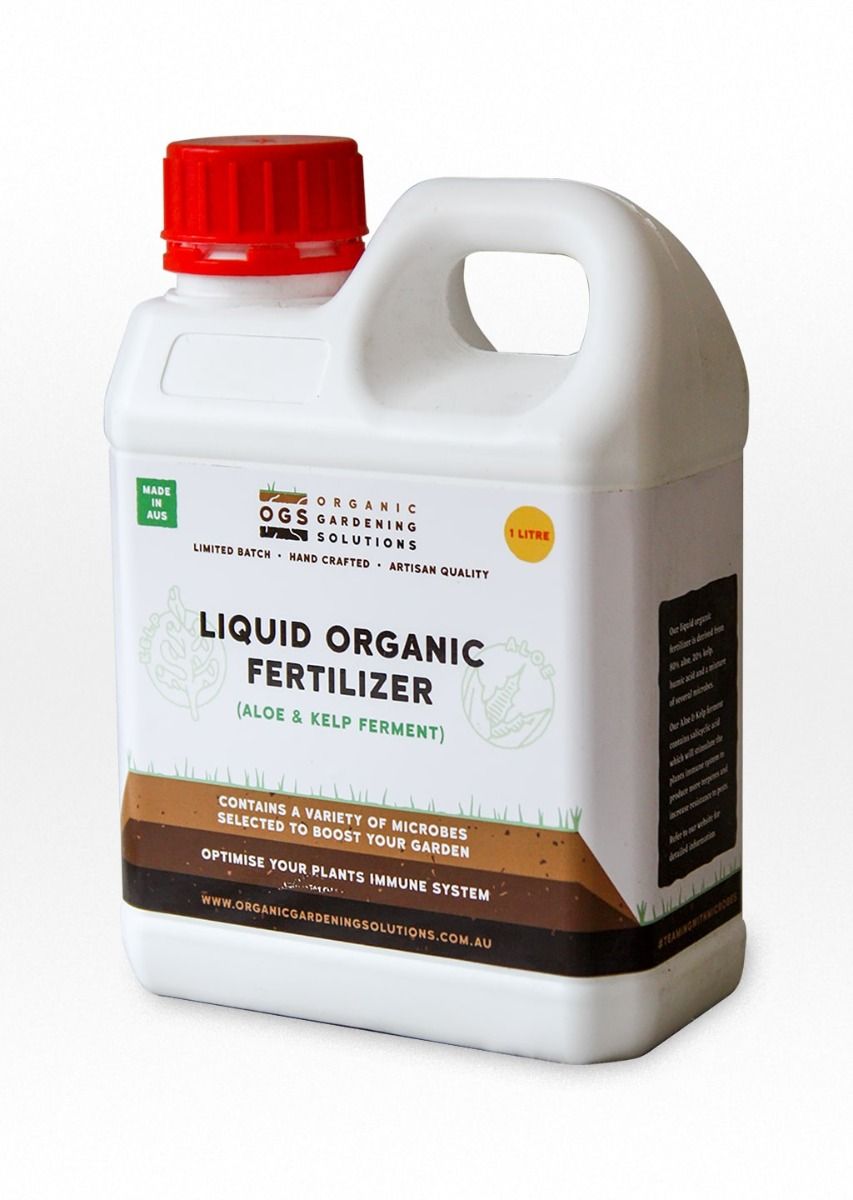We’ve all heard of the term ‘chemical worm resistance’. This term is used to describe how horse worms are evolving to become resistant to some worming drugs, especially those which have been around for a long time...

At the 30th National Equine Forum, an expert panel met and discussed how to tackle the problem of wormer resistance. The main issue that was raised was that although habits were changing, many horses are still being treated for parasites without feacal testing and knowing whether they actually needed worming at all.
The problem
'Animal Health' is now synonymous with agricultural chemical companies - something that was unheard of in the days when my grandfather had thirty head of Clydesdales to pull the combine harvester. I could guarantee he did not drench his horses every three months as recommended - irrespective of management or requirement!
McDowells has always maintained that ensuring that a horse's digestive system was well-toned, healthy and has the ability to deal with small worm loads. There is no herbal treatment which will kill all worms and register a zero count in a feacal count (FEC). Worms evolved along with all animals' digestive ecology and if the horse's general health is properly supported, any infestation will be controlled so that it does the animal less harm.
Besides the obvious (drench resistance that can occur with the overuse of anthelmintic and other well-known systemic chemical parasite controls), is that of the damage to the lining of the Gastrointestinal System, and organ (liver and kidney) damage.
Any toxic load on an animals system will compromise the liver and kidney, as these chemicals are cleaned out of the system via the normal metabolic process. Any toxicity not cleared naturally will be stored in fat, and is released again when the system can finish its processing. If this is not cleared, the system becomes compromised resulting in lowered immunity, never really catching up its metabolic "housekeeping".
The damage done to the gut and the metabolism as a whole with the routine use of chemical wormers to try to maintain a zero worm load leaves the animal less healthy in the long run than one with a healthy gut and a small natural worm load. Studies are now revealing the importance of maintaining a healthy microbiota – essential to the health of all organisms.
Managing your horse's environment
You must keep manure under control especially if you have a high animal population on small acreage. This helps break the lifecycle of the worms and reduce the reliance on chemicals. Making sure that you allow good periods of rest in paddock and follow on grazing methods (with sheep or cattle) is advised.
A factor often overlooked is the season. If you are lucky to live in a country like Australia with its harsh climactic extremes, you have nature again working for you. Worm cycles are interrupted by dry periods and frost, the likelyhood of herd infestation is lowered. Generally the milder and wetter the better for parasites; warm weather stimulates feeding and breeding and the damp weather creates a favourable environment for parasites (2). Spring and Autumn are the worst seasons for worm infestations.
Using biodynamic soil sprays, basalt and dolomite to condition the soil is also part of managing the whole system in balance. Encouraging natural forages of lava and eggs is part of well-nourished balanced eco-system, and will keep parasite levels in check.
McDowells Worming Program
Our worming protocol consists of Worm-A-Void, Equigesta-Pre and ground millet and linseed.
Worm-A-Void
Traditional herbal worming protocols use bitter and astringent herbs which help to tone up the gut wall and expel worms. They also leave the gut in better condition to manage its own parasite population. This tonic may improve gut health by supporting a healthy microbiota and may assist the system to expel worms naturally. Can be also be used as part of a normal drenching rotation program.
Equigesta-Pre
Equigesta-Pre contains a combination of pure herbal powders, brewer's yeast and bentonite clay. Traditionally this combination has been used to aid and promote beneficial intestinal microorganisms. Our unique blend can be used daily as an equine prebiotic to support and stimulate the growth and activity of good bacteria in the digestive system.
Millet and Linseed
Millet contains especially high levels of organic silica compounds as well as carbohydrate and many other minerals. Linseed is a whole feed source of Omega 3 and 6 and Linoleic acids.
References
(1) Westgate labs represents the RAMA view
(2) WHAT IS WORMER RESISTANCE AND HOW DO WE COMBAT IT?



